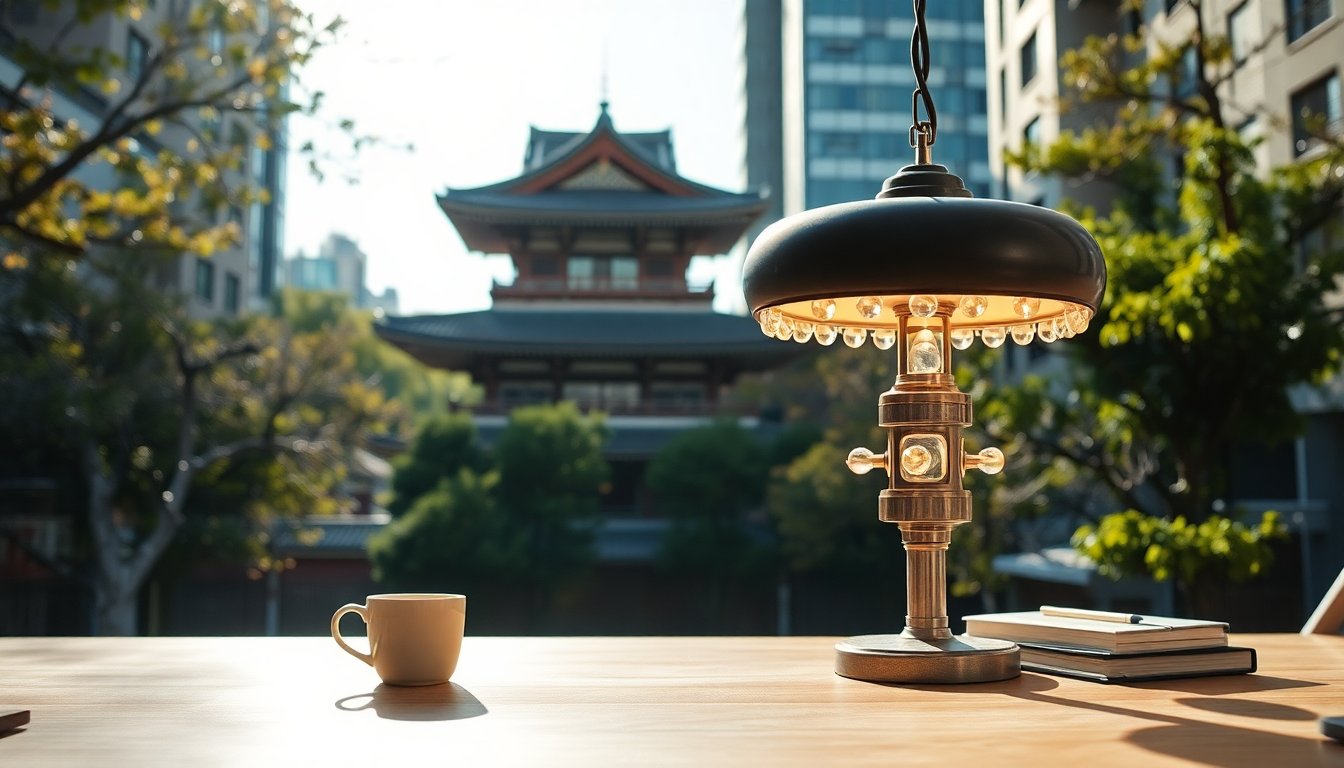Table of Contents
A post by a member of the K-pop group Aespa has ignited significant backlash in Japan, resulting in a petition that has collected over 103,000 signatures. The controversy centers on a photo shared by singer Ningning, depicting a lamp designed to resemble an atomic bomb. Her caption, “I bought a cute light! What do you think?” has been deemed profoundly insensitive, particularly in light of Japan’s historical experience with atomic bombings during World War II.
Significance of the petition
A petition launched on Change.org seeks to prevent Aespa from performing at the Kohaku Uta Gassen, a revered New Year’s Eve music program aired by NHK. This year coincides with the 80th anniversary of the bombings of Hiroshima and Nagasaki, events that profoundly impacted Japanese society. Many are concerned that Aespa’s participation in this iconic event could diminish the gravity of this historical tragedy.
Background on the atomic bombings
The atomic bombings of Hiroshima and Nagasaki in 1945 led to immense loss of life and enduring repercussions for survivors. For many in Japan, this historical moment transcends mere memory; it serves as a profound reminder of the brutality of war. Consequently, actions perceived as trivializing this tragedy—such as featuring a decorative item resembling an atomic bomb—elicit intense emotional reactions.
Reactions from fans and critics
The backlash extends beyond those who initiated the petition. A wave of disappointment and anger has surfaced among Japanese netizens, who are calling for a respectful acknowledgment of the lives lost. Many assert that allowing Aespa to perform at such a pivotal event could convey a misguided message, reflecting a lack of awareness or respect for Japan’s historical narrative.
Divided opinions in the K-pop community
In South Korea, fans have expressed a variety of opinions regarding the recent incident involving Aespa. Some believe the outrage is an overreaction and should be viewed in a broader context. Others suggest that withdrawing from the event may be the best course of action to prevent further controversy. This division underscores the complexities of cultural sensitivities within international fandoms.
The K-pop group has encountered similar controversies in the past, raising questions about the responsibilities of artists in addressing cultural differences. The SM Entertainment agency, which manages Aespa, has not yet released a formal statement on the petition or the implications of the incident. Given the group’s growing popularity, especially in Japan, their response to this situation could significantly impact their public image.
Broader implications for K-pop artists
This incident highlights a vital concern within the global music industry: the importance of cultural sensitivity. K-pop artists frequently navigate diverse international markets, necessitating an awareness of local histories and sentiments. This situation serves as a reminder that actions perceived as harmless in one culture can carry significant consequences in another.
With the Kohaku Uta Gassen approaching, attention turns to how NHK and SM Entertainment will manage the ongoing controversy. The petition continues to gain momentum, leaving the outcome uncertain. Will Aespa’s involvement create further division, or can it open avenues for dialogue and understanding between cultures?
The situation surrounding Aespa’s recent post highlights the intricate balance necessary when engaging with diverse cultural histories. It also illustrates the significant influence of social media in shaping public perceptions. As fans and critics express their views, the future of this chapter in K-pop history remains uncertain.


